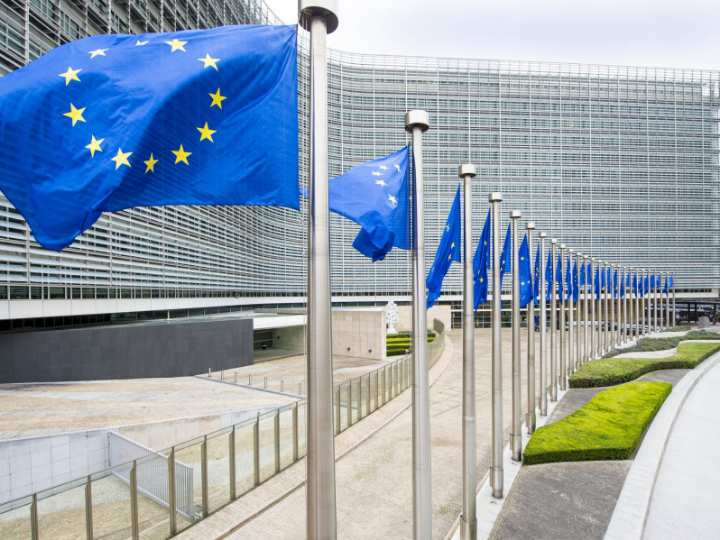The Commission has received official recovery and resilience plans from Germany and Greece. These plans set out the reforms and public investment projects that each Member State plans to implement with the support of the Recovery and Resilience Facility (RRF).
The RRF is the key instrument at the heart of NextGenerationEU, the EU’s plan for emerging stronger from the COVID-19 pandemic. It will provide up to €672.5 billion to support investments and reforms (in 2018 prices). This breaks down into grants worth a total of €312.5 billion and €360 billion in loans. The RRF will play a crucial role in helping Europe emerge stronger from the crisis, and securing the green and digital transitions.
The presentation of these plans follows intensive dialogue between the Commission and the national authorities of these Member States over the past number of months.
Germany’s recovery and resilience plan
Germany’s recovery and resilience plan includes measures for an overall amount of €27.9 billion. The maximum financial contribution in grants available to Germany under the Regulation amounts to €25.6 billion. As the estimated cost of the German plan is higher than Germany’s allocation, any additional amount will be covered by Germany.
The German plan is structured around six policy priorities. These include reform and investment measures relating to climate action and energy transition, digitalisation of the economy, infrastructure and education, social participation, strengthening a pandemic-resilient health system, modernising public administration and reducing barriers to investment. Projects in the plan cover the entire lifetime of the RRF until 2026. The plan proposes projects in all of the seven European flagship areas. The plan also includes three Important Projects of Common European Interest (IPCEIs) in the fields of hydrogen, cloud infrastructure and services, and microelectronics.
Greece’s recovery and resilience plan
Greece has requested a total of €30.5 billion in support under the RRF, €17.8 billion in grants and €12.7 billion in loans.
The Greek plan is structured around four pillars: green, digital, employment, skills and social cohesion, and private investment and economic and institutional transformation. The plan proposes investments and reforms related to all seven European flagship areas.
Next steps
The Commission will assess the plans within the next two months based on the eleven criteria set out in the Regulation and translate its content into legally binding acts. This assessment will notably include a review of whether the plans contribute to effectively addressing all or a significant subset of challenges identified in the relevant country-specific recommendations issued in the context of the European Semester. The Commission will also assess whether the plans dedicate at least 37% of expenditure to investments and reforms that support climate objectives, and 20% to the digital transition. Based on a proposal by the Commission, the Council will have as a rule four weeks to adopt the Commission proposal.
The Council’s approval of the plan would pave the way for the disbursement of a 13% pre-financing to each Member State. This is subject to the entry into force of the Own Resources Decision, which must first be approved by all Member States.
The Commission has now received a total of three recovery and resilience plans, from Germany, Greece and Portugal. It will continue to engage intensively with the remaining Member States to help them deliver high quality plans.
*Source: European Commission




 By: N. Peter Kramer
By: N. Peter Kramer
